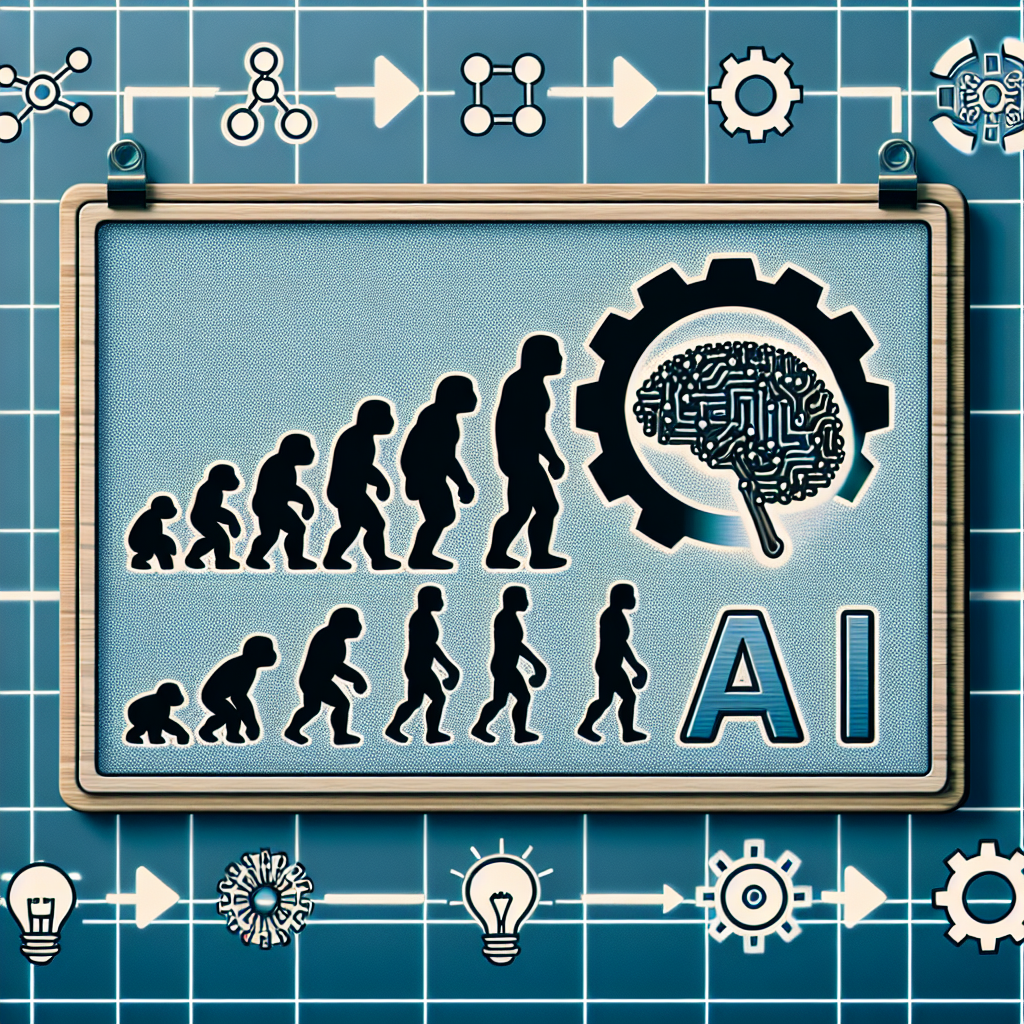Artificial General Intelligence (AGI) is a term that refers to intelligent machines that possess the ability to understand, learn, and apply knowledge across a wide range of tasks. Unlike narrow AI systems that are designed for specific tasks, AGI aims to replicate human-level cognitive abilities and reasoning.
The development of AGI has the potential to revolutionize various industries and fields, including healthcare, finance, transportation, and more. With its ability to learn and adapt to new situations, AGI could significantly enhance productivity and efficiency in these sectors.
In this article, we will explore the concept of AGI, its implications, challenges, and potential impact on society. We will also address some frequently asked questions about AGI.
What is AGI?
AGI, also known as strong AI or human-level AI, refers to artificial intelligence systems that possess general intelligence similar to that of a human being. These systems are capable of understanding complex information, learning from experience, and adapting to new situations without being explicitly programmed for each task.
Unlike narrow AI systems, which are designed to perform specific tasks such as image recognition or natural language processing, AGI aims to replicate the full range of human cognitive abilities. This includes reasoning, problem-solving, planning, and decision-making across a wide variety of domains.
The development of AGI is considered a major milestone in the field of artificial intelligence, as it has the potential to revolutionize the way we interact with machines and automate complex tasks that were previously thought to be beyond the capabilities of AI systems.
Implications of AGI
The development of AGI has the potential to have a profound impact on society and the economy. Here are some key implications of AGI:
1. Increased automation: AGI systems have the potential to automate a wide range of tasks across various industries, leading to increased productivity and efficiency. This could result in significant cost savings for businesses and improved quality of life for individuals.
2. Enhanced decision-making: AGI systems can help humans make better decisions by analyzing complex data sets and providing insights that are beyond human capabilities. This could lead to more informed decision-making in areas such as healthcare, finance, and public policy.
3. Improved healthcare: AGI systems can assist healthcare professionals in diagnosing diseases, developing treatment plans, and predicting outcomes with greater accuracy. This could lead to improved patient outcomes and reduced healthcare costs.
4. Personalized services: AGI systems can analyze vast amounts of data to provide personalized recommendations and services to individuals. This could lead to a more tailored and efficient customer experience in areas such as retail, entertainment, and education.
Challenges of AGI
While the potential benefits of AGI are significant, there are also several challenges that need to be addressed before it can be fully realized. Some of the key challenges include:
1. Ethical considerations: AGI systems raise ethical concerns related to privacy, security, and bias. It is important to ensure that these systems are designed and deployed in a way that respects human rights and values.
2. Technical limitations: Developing AGI systems that can match human-level intelligence is a complex and challenging task. Researchers face numerous technical hurdles related to machine learning, natural language processing, and cognitive modeling.
3. Societal impact: The widespread adoption of AGI could have far-reaching societal impacts, including job displacement, income inequality, and changes in the way we interact with machines. It is important to consider these implications and develop policies to mitigate any negative effects.
4. Regulation and governance: As AGI systems become more advanced and autonomous, there is a need for robust regulation and governance frameworks to ensure their safe and ethical use. This includes standards for transparency, accountability, and oversight of AI systems.
FAQs about AGI
Q: How is AGI different from narrow AI?
A: AGI systems possess general intelligence similar to that of a human being, while narrow AI systems are designed for specific tasks. AGI can learn, adapt, and apply knowledge across a wide range of domains, whereas narrow AI is limited to performing predefined tasks.
Q: When will AGI be achieved?
A: The timeline for achieving AGI is uncertain, as it depends on various factors such as technological advancements, research progress, and funding. Some experts predict that AGI could be achieved within the next few decades, while others believe it may take longer.
Q: What are the potential risks of AGI?
A: AGI systems raise concerns about job displacement, privacy violations, security breaches, and bias. It is important to address these risks through robust research, regulation, and oversight of AI systems.
Q: How can AGI benefit society?
A: AGI systems have the potential to revolutionize various industries and fields, including healthcare, finance, transportation, and more. They can increase productivity, improve decision-making, and provide personalized services to individuals.
In conclusion, AGI has the potential to be a game-changer in the field of artificial intelligence, with far-reaching implications for society and the economy. While there are challenges and risks associated with the development of AGI, the potential benefits are significant and warrant further research and exploration. By addressing these challenges and leveraging the opportunities presented by AGI, we can unlock new possibilities for innovation and progress in the coming years.

